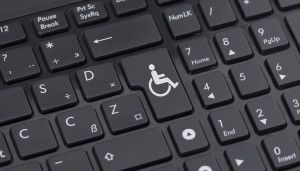 By Minh N. Vu
By Minh N. Vu
According to the Spring 2015 Unified Agenda of Federal Regulatory and Deregulatory Actions, the Department of Justice (DOJ) will issue no proposed regulations for public accommodations websites until least April 2016 — nearly a year from now. However, the proposed regulations for state and local government websites, originally slated for December 2014, should be out
Continue Reading Website Regulations Update: Public Accommodations Proposed Regs Further Delayed BUT State and Local Proposed Rules Due Out. . . Now?








